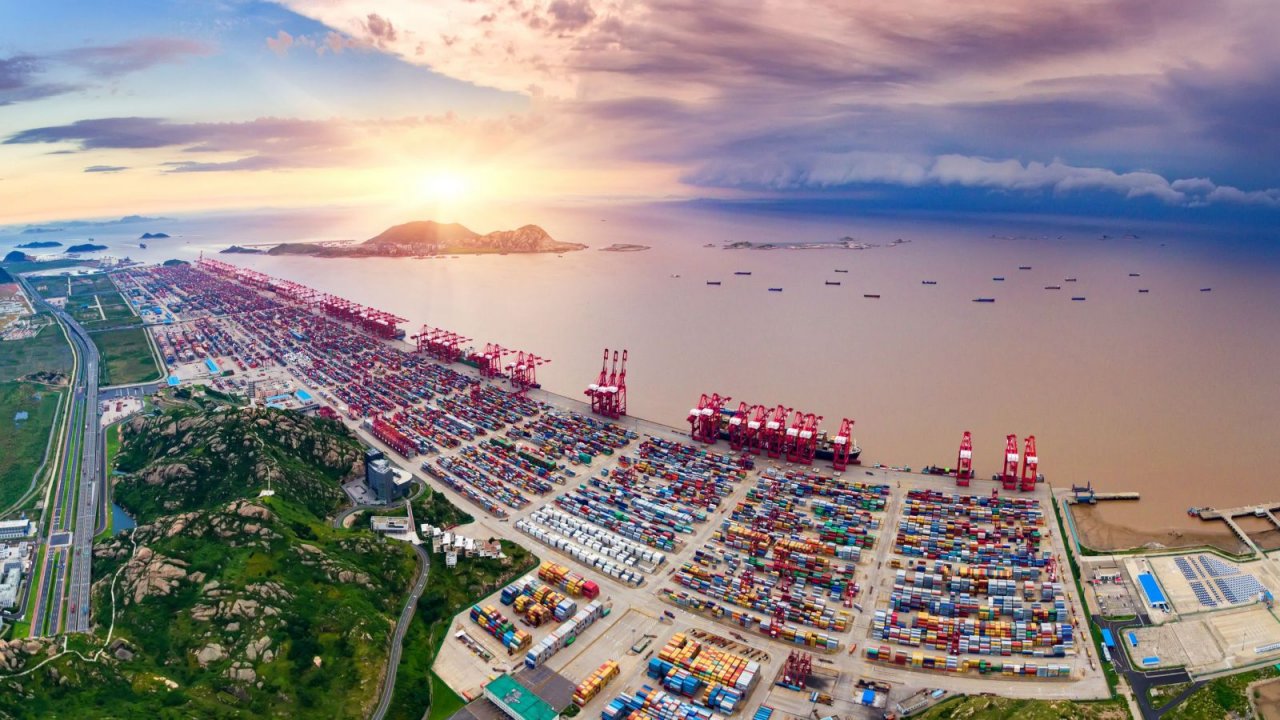
After being held back for years by a crackdown on inflows of speculative cash disguised as offshore trade payments, central regulators are now loosening their grip on the business to help Shanghai lure multinationals and compete with hubs like Hong Kong and Singapore to reroute global capital through the Chinese mainland.
Foreign companies used to set up operations in China focused only on business in the domestic market, but policy changes will now permit them to engage in offshore trade.
A new set of policies in Shanghai Pilot Free Trade Zone, will allow foreign businesses headquartered in the zone to conduct offshore business.
The development of offshore trade is in line with Shanghai’s ambition to play a bigger role in global finance and become an international trade centre.
The goal is to win a bigger piece of the region’s offshore trade business, in which specialized firms in global financial centres handle the money — but not the goods — in the complex web of transactions between companies from different countries that has come to define the globalized trading system.
On October 31, 2019, Shanghai FTZ already announced seven preferential policies for offshore trade companies.
The first new measure states that companies capable of engaging in offshore transit trade can receive tax incentives and apply to be registered as technologically advanced companies, which implies a lower corporate income tax rate of 15%, rather than the standard rate of 25%.
The second measure encourages financial institutes to provide efficient international financial services for real offshore transit trade. The Shanghai office of the State Administration of Foreign Exchange will help these financial institutes provide balanced payment and exchange services to meet this end.
Third, the Shanghai FTZ will help foreign-invested trading companies capable of engaging in offshore transit trade to apply for recognition as the regional headquarters of a multinational.
Fourth, the Shanghai FTZ will provide more attractive benefits for senior managers and skilled workers at companies capable of offshore transit trade, including better educational services for children, better health insurance, and better accommodation.
Fifth, more financial support will be offered to companies capable of offshore transit trade, and well-performing offshore-transit trading companies will be rewarded.
Sixth, the Shanghai FTZ will explore more cross-border financial service models for offshore trade companies, and financial institutions will be encouraged to provide more efficient and convenient transnational financial services for offshore-transit trading companies.
Last, the Shanghai FTZ will provide counselling, training, legal aid, and other services for offshore-transit trading companies.